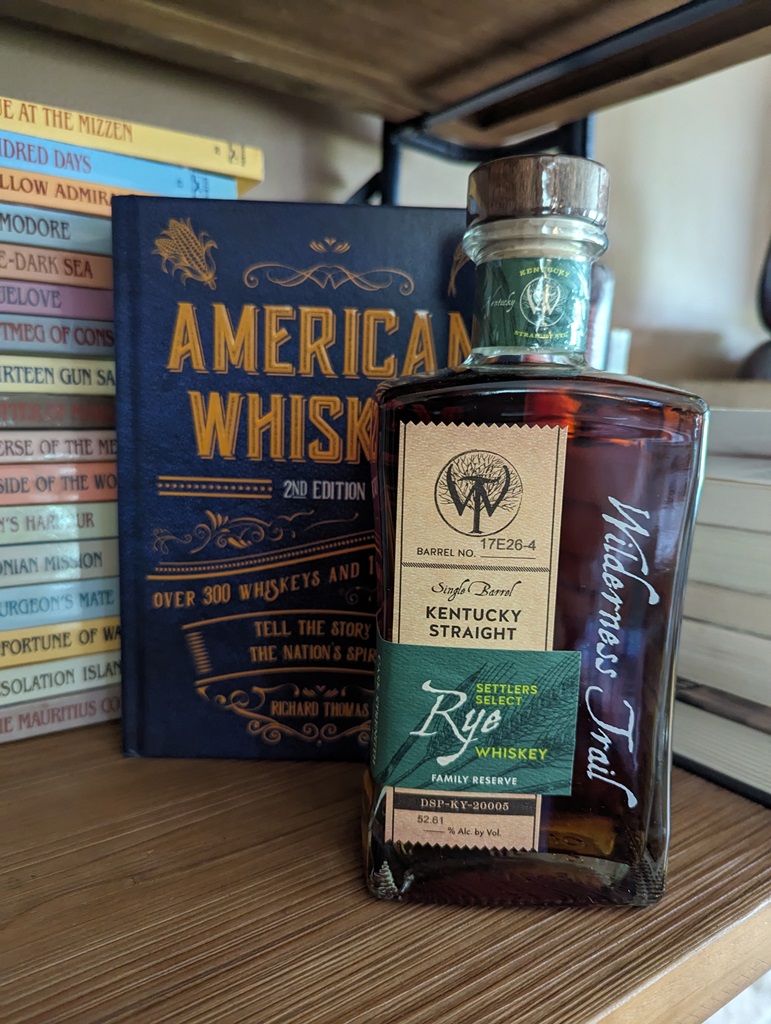New Series Studying Deceptive Whiskey
By Richard Thomas
Among American whiskey diehards, few things spark passionate debate the way the subject of “deceptive whiskey” does. The modern whiskey boom has seen explosive growth in the number of bottlers operating in America, and with that explosion came a legitimate problem of truth in advertising with some companies.
Yet at the same time, the reaction to “deceptive whiskey” has been hysterical at times, with some particularly shrill pundits making claims as exaggerated or as false as the companies they target. Close observers of the American whiskey blogosphere know full well that even the hardliners disagree on many points of what is deceptive and what is not.
Outside the hardliner sphere, many claims of what is objectionable and deceptive fall apart upon comparison to the larger world whiskey industry or even the marketing standards used in other common products. Furthermore, the accusing pundits are often capricious in who they choose to target, turning a blind eye to one favored company using the exact same practices that were supposedly deceptive in another.
What is needed is an objective, reasonable, fact-driven, point-by-point look at the case against both the common deceptive whiskey charges, as well as a similar study of the cases that usually go overlooked. In a new series starting next week, The Whiskey Reviewer will do just that by analyzing the case and giving a four-point grade in four separate categories:
- Potemkinism: Does the company run what Chuck Cowdery labeled a “Potemkin Distillery,” where they claim to be a distillery but are in fact a bottler?
- Back Story: Are there bogus elements in the company’s historical claims, and if so how bogus are they?
- Marketing Flim Flam: Other elements of the company’s image and marketing practices that some find objectionable.
- Changed Ways: Since the point of casting light on deceptive behavior is ostensibly to change the behavior of the company in question, whether the company has changed its behavior will be examined, and if so by how much. A low grade here means the company has changed its ways substantially and the case for hostility is much diminished.
The grades for each category will then be averaged and a summary grade given to the case as a whole, providing an easy reference as to whether a given company is deceptive.
Series Installments
The Case Against Templeton Rye
Is There A Case Against Angel’s Envy?





Looking forward to this!
From the looks of this, it’s exactly what this subject needs. A breath of fresh air! Until now, it’s been dominated by angry whiskey nerds.
Sweet! I found it while browsing on Yahoo News.
If it doesn’t say “Distilled by…” you better be doing something awesome.